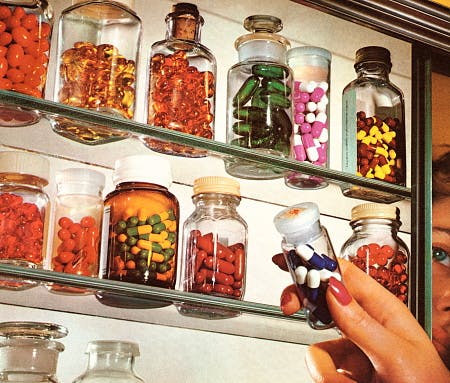PBM revenue swells along with rising drug costs
Collectively, the four biggest pharmacy benefit managers raked in $150 billion in revenue in the first three months of 2025, reflecting higher spending on medications.
Pharmacy benefit managers owned by major insurances companies raked in swelling revenues in the first quarter of this year amid growing prescription volumes for more expensive specialty medications, like popular GLP-1 weight-loss drugs.
The four biggest insurance companies — Cigna, UnitedHealth, CVS’s Aetna, and Elevance Health — each have their own PBM. Collectively, the four biggest PBMs made $150 billion in revenue in the first three months of 2025, reflecting higher spending on medications.
Vertically integrated PBMs (those owned by an insurance company) have been criticized over potential conflicts of interest and lack of competition, sparking pushback from lawmakers. The companies say this allows them to get better deals for patients and rein in exuberant prices from drugmakers.
Notably, this quarter CVS announced that it reached a deal with Novo Nordisk to “increase access” to its blockbuster diabetes and weight-loss drugs, Ozempic and Wegovy. This led Eli Lilly, which makes competing weight-loss and diabetes drugs, to fall, because it suggests one of the largest insurers will be pushing patients toward its competitors’ products.
